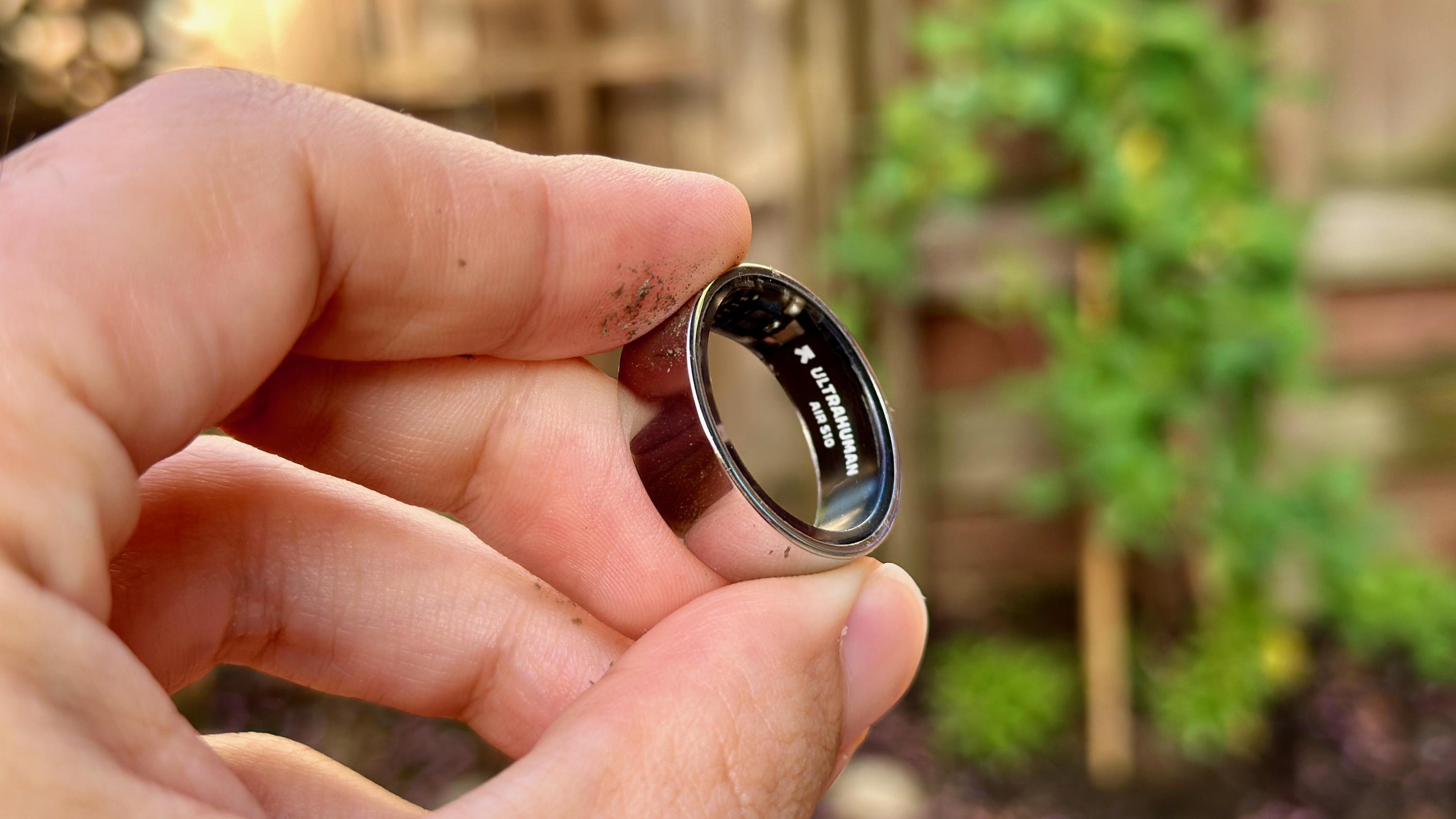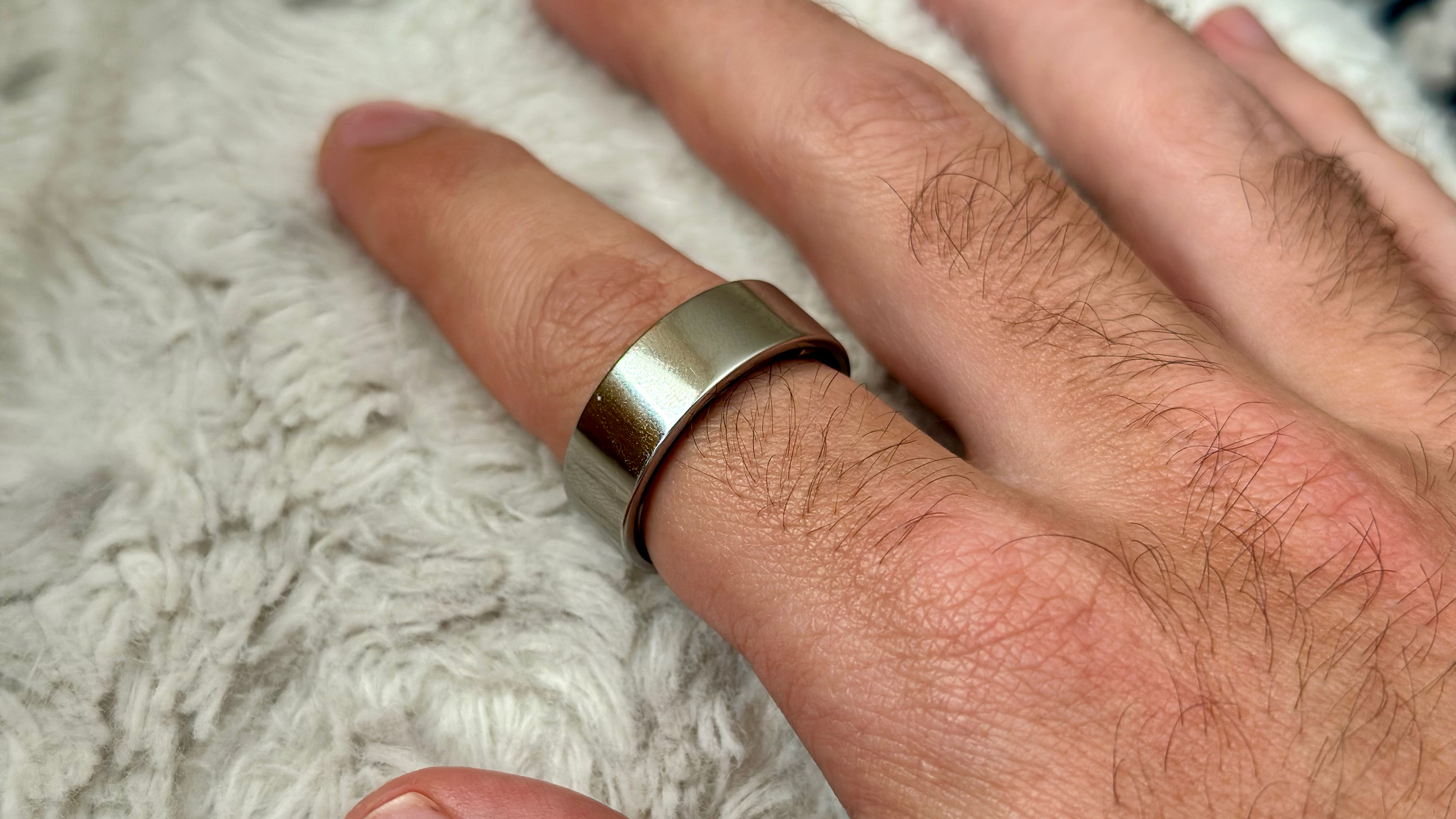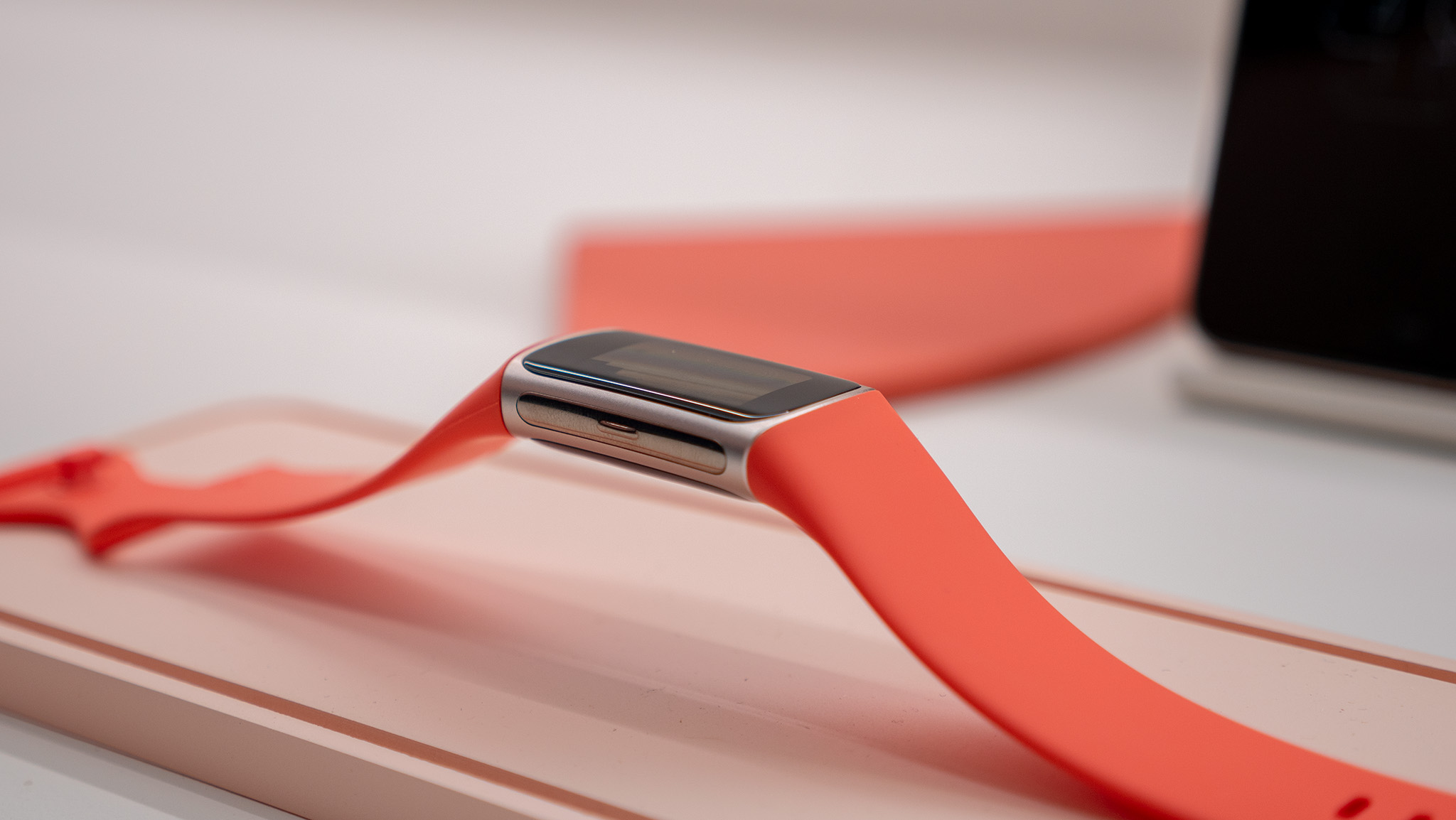Ultrahuman challenges Oura and Galaxy Ring with a whole app store of new data, including AFib
The Ultrahuman Ring AIR will be the first smart ring to detect atrial fibrillation. We spoke to CEO Mohit Kumar to learn more.

What you need to know
- Ultrahuman announced a new app platform for the Ultrahuman Ring AIR called "PowerPlugs."
- Ring AIR owners can add personalized insights to the app like AFib detection, weight loss, Vitamin D, Jet Lag, and Pregnancy Mode.
- The Ring AIR will be the first smart ring with AFib detection, though it's only available in "select geographies."
- Ultrahuman also announced a new "sleep debt" feature last week.
Ultrahuman is personalizing its smart ring software with PowerPlugs, downloadable plug-ins that track specific data like atrial fibrillation (AFib) based on your lifestyle and needs. This, along with its new "sleep debt" feature, is an exciting reminder that Samsung and Oura aren't the only two players making waves in the smart ring market.
I spoke with Ultrahuman CEO Mohit Kumar about the new PowerPlugs, which he described as an app store for the Ultrahuman Ring Air.
"If you buy a smartphone, you don't need to download every app in the store," Kumar said. With a smart ring, he argues, the principle is the same: different users have different "use cases," and a frequent traveler or a homebody focused on weight loss will need different info highlighted in their smart ring app.
"Over the next few years, you could expect thousands of applications to be built on top of Ultrahuman's comprehensive health data platform," Kumar claims.
He told me that Ultrahuman has gotten several requests from developers to use its SDK for clinical trials, and specifically is working with one team to find "mental health biomarkers" to better quantify the physical affects of mental health and anxiety.
Now, devs will be able to use "UltraSignal," its developer platform, to work on their own smart ring programs.

AFib detection is the headline PowerPlug feature, though Ultrahuman is still working with regulatory bodies to get it approved in some countries. If activated, it'll trigger spurts of continuous PPG readings at night to catch approximately "91%" of irregular heart rhythm events.
Get the latest news from Android Central, your trusted companion in the world of Android
I asked Kumar why other smart rings hadn't tracked AFib before. He explained the many challenges: the sensor must be "sensitive" enough to catch AFib but specific enough to avoid false positives. Unlike some smartwatches with continuous passive AFib detection, the Ultrahuman Ring Air will only check at night to reduce the odds of false readings from "noise" like caffeine.
He also noted that aside from needing clinical validation, they need to validate the smart ring form factor itself. He said that they "want to build trust by working with regulators and the FDA" since data like AFib is "extremely powerful." And he argued that the team's work on other medical devices (like their glucose monitor) made them well-suited to launch this feature before other smart ring brands like Oura.
Ultrahuman's PowerPlug for AFib will draw slightly more power — "maybe 5% extra battery life" — but most other add-ons will use already available data and interpret it using the cloud. In theory, you can add as many PowerPlugs as you want, Kumar says, but most people won't need every tracked metric.
A post shared by Ultrahuman (@ultrahumanhq)
A photo posted by on
Other early Ultrahuman PowerPlugs include Caffeine Window, Circadian Rhythm, Cycle Tracking, Jet Lag, Ovulation, Pregnancy Mode, and Vitamin D. You can already find some of this data in the Ultrahuman app, like when to avoid too much caffeine or light, but it appears this new system will partition that info so you don't have to see it if it's irrelevant to you.
The Vitamin D plug-in sounds intriguing. It'll calculate "optimal times for you to step outside, based on your skin type, location, and current UV index" before "estimating how much Vitamin D (in IU) your skin will absorb during your session.
Regarding future smart ring applications, Kumar explained that they look at specific use cases and feedback from Ultrahuman Ring Air users to plan out what data to add next. They then need to prove that they can accurately produce that information before rolling it out to the public.
Kumar says that his ideal future PowerPlug will focus on in-depth stress data. Although the Ring Air has a stress rhythm score, he believes that the way most wearables track stress using heart rate or electrodermal response (EDA) is "primitive" and that he wants to go a layer deeper than heart rate variability (HRV) in the future.
He also mentioned sleep deficiency, hearkening to Ultrahuman's new Sleep Debt feature that shows the impact of long-term bad sleep habits, and that one long night of catch-up sleep won't erase the deficit.
A new perspective on smart rings
With the Samsung Galaxy Ring launching later this month, the smart ring category will get more public recognition and advertising. The Oura Ring is its natural rival as the top-selling smart ring and its legal foe, but other smart ring brands will take advantage of this window as well.
What I find exciting about Ultrahuman's PowerPlug launch is its ambition and customization. People new to smart rings see them as mini-smartwatches with fewer features and limited room to grow. But smart rings released years ago keep adding new data points using the same data, crowding the apps with a ton of information.
Most wearables claim to track "stress" in some way, but oftentimes users find that the biomarkers companies use don't match their real-life experience. Whether Ultrahuman or another smart ring brand can dive deeper into mental health data, that's a positive development.
Whether or not we actually see "thousands" of PowerPlugs, I love the vision of third-party developers creating smart ring "apps" based on common data and allowing consumers to tailor their smart ring app experience to something useful for their specific lifestyle.
Samsung's Galaxy AI has a few personalized Wellness Tips for Galaxy Ring owners related to specific data like resting heart rate and sleep quality. My hope is that Samsung continues to expand on these customized efforts and that other smart rings focus on personalization as well.

Michael is Android Central's resident expert on wearables and fitness. Before joining Android Central, he freelanced for years at Techradar, Wareable, Windows Central, and Digital Trends. Channeling his love of running, he established himself as an expert on fitness watches, testing and reviewing models from Garmin, Fitbit, Samsung, Apple, COROS, Polar, Amazfit, Suunto, and more.
You must confirm your public display name before commenting
Please logout and then login again, you will then be prompted to enter your display name.
